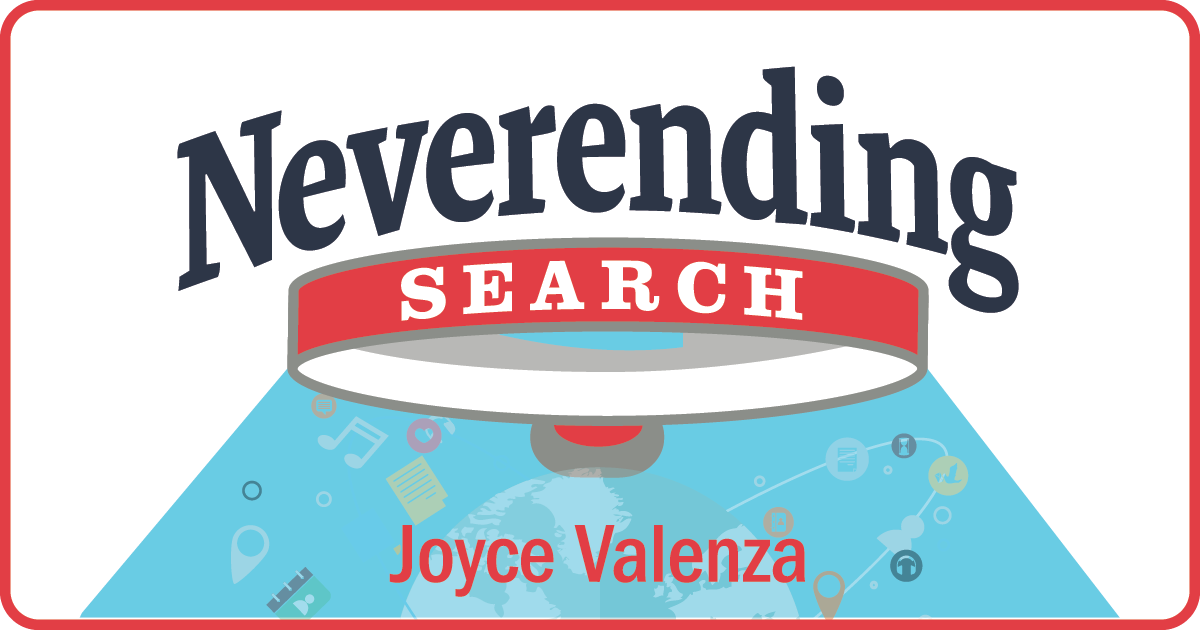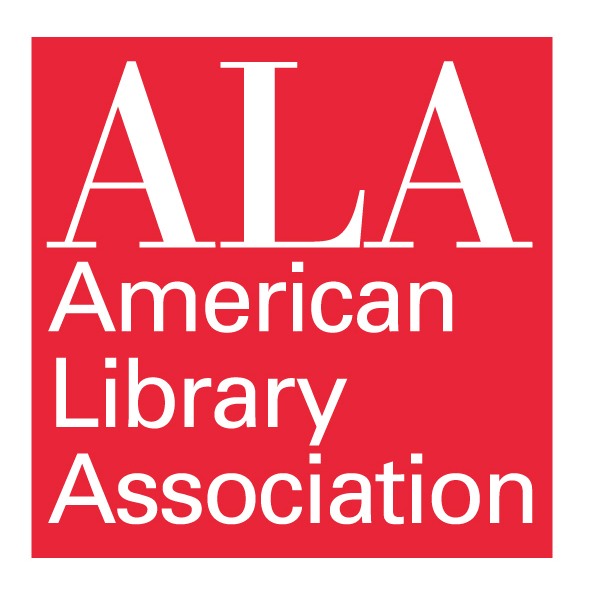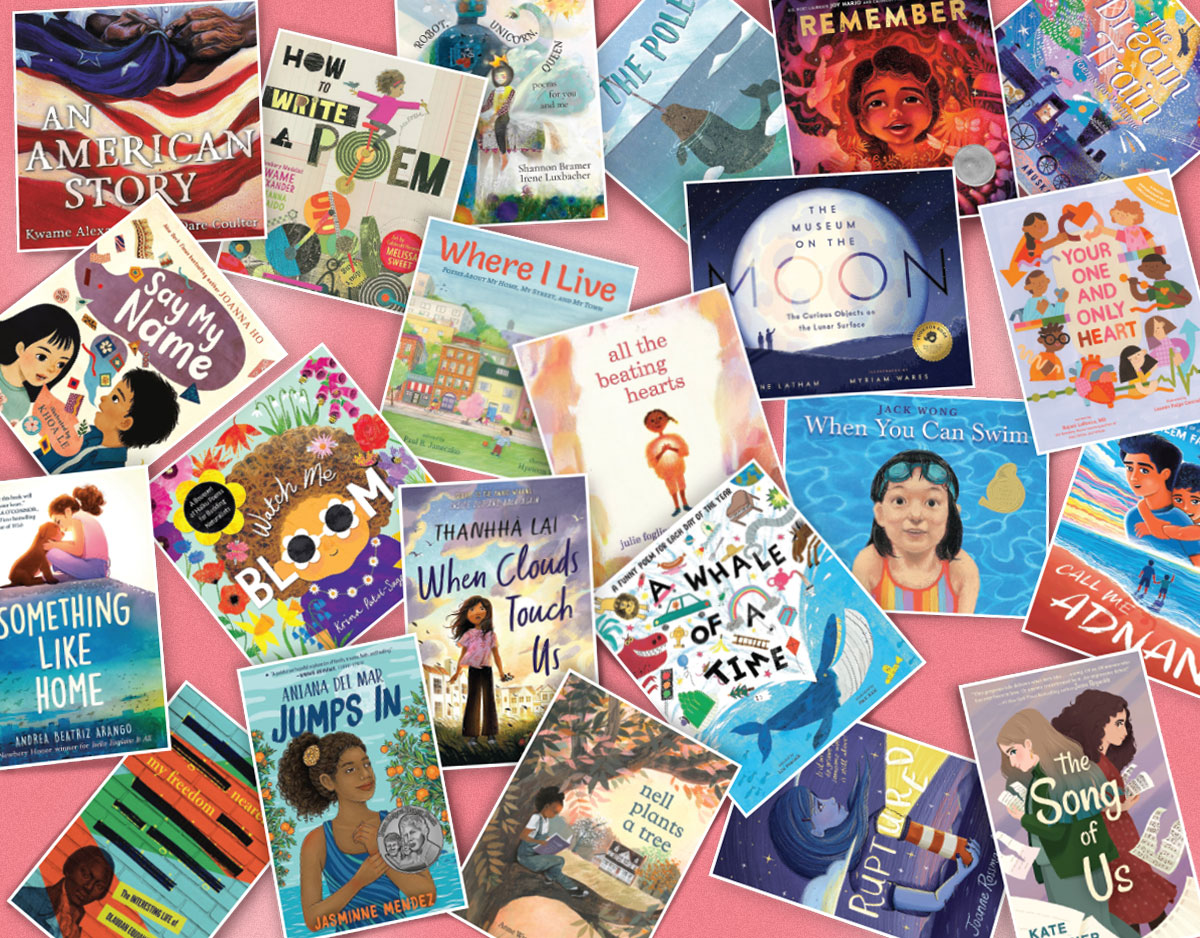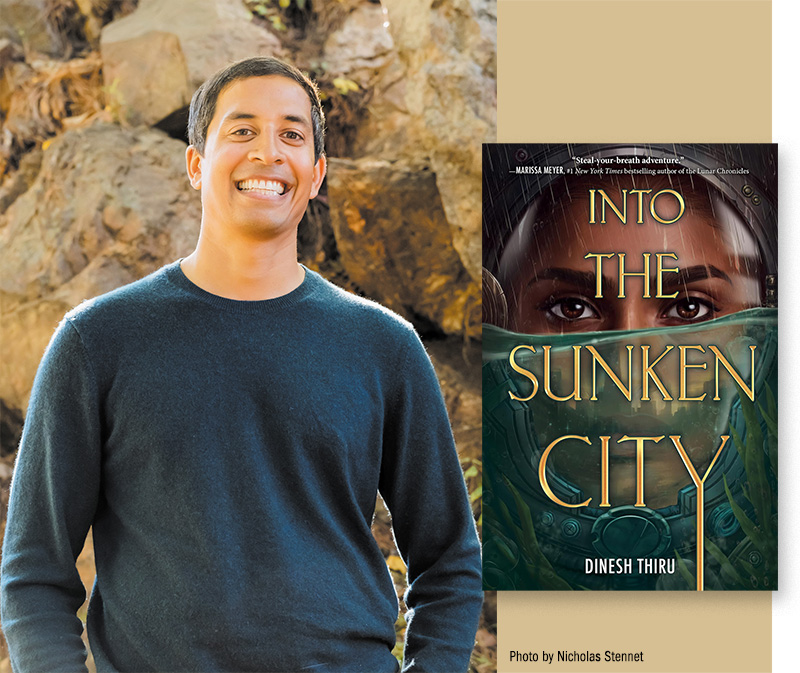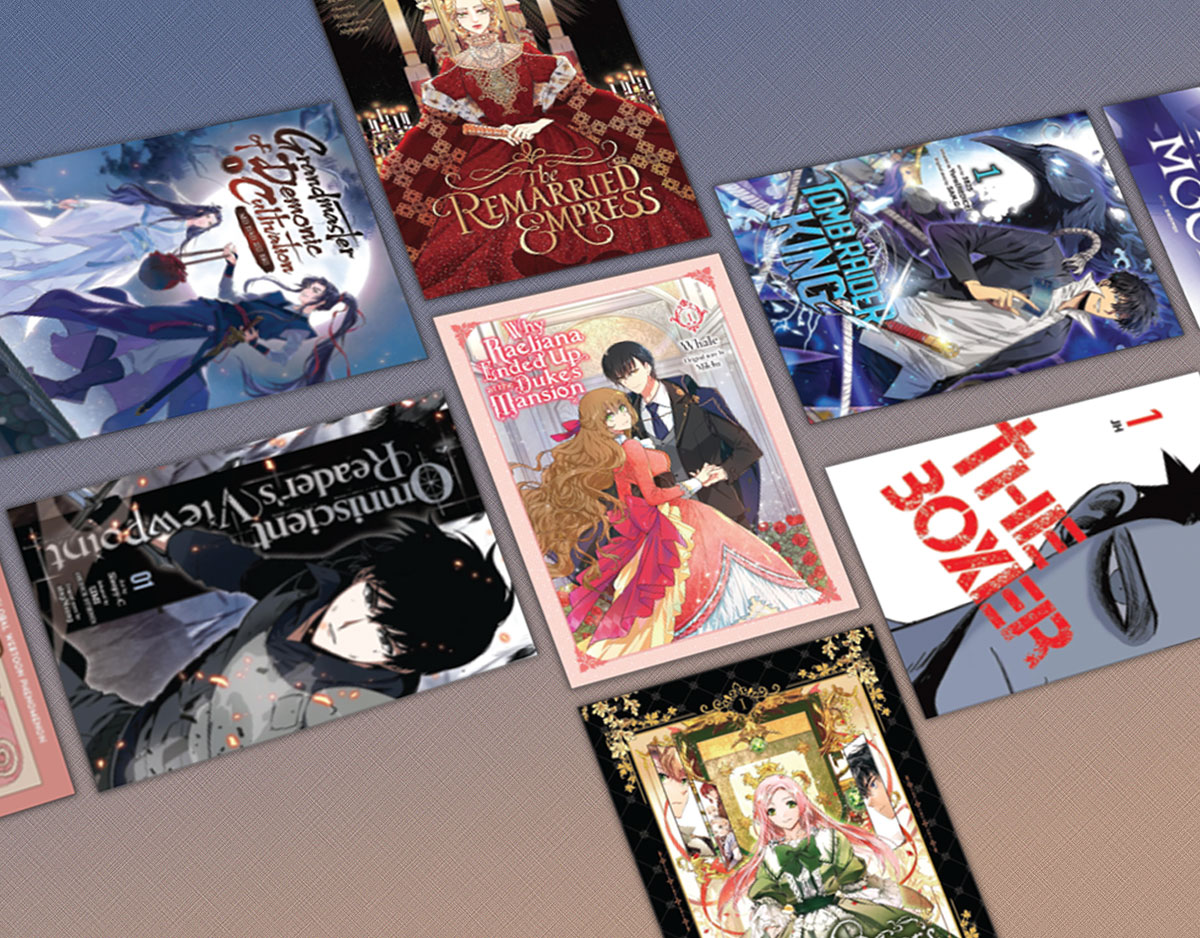SCROLL DOWN TO READ THE POST
Globalizing and Googlizing Science Fair
It’s your turn to change the world.
It’s about time we remixed science fair for a networked, flattened, participatory world.
Think of all those experiments year after year that lived for a few fleeting moments on a gym or cafeteria table, summarized on a cardboard tri-fold, only to be trashed days later.
Think of all those young scientists whose creativity was celebrated and forgotten before it could shared.
Think of all those young scientists who have no official school science fair.
Those young scientists around the world, between the ages of 13 and 18, now have the opportunity to enter their projects in Google’s third annual online Science Fair.
Google shares a philosophy behind the competition:
We believe that universal access to technology and information can truly make the world a better place. We also believe that the need for access to useful information transcends all borders. That’s why we created the Google Science Fair: to champion young scientific talent and give students across the world an opportunity to showcase ambitious ideas.
Students may sign up with their Google account and conduct a test or experiment to be shared on their project site. All submissions are due by April 30. The top 15 students will be invited to the finalist event at Google headquarters in Mountain View, CA, where they’ll present their work to a panel of scientists, tech innovators and Nobel Laureates.
ADVERTISEMENT
ADVERTISEMENT
The rules are detailed in this video:
In case those rules went by too fast:
– Go to http://googlesciencefair.com to register
– You can enter the competition individual, or as part of a team of two or three
– Use the project site builder to create/present your awesome science project
– THE DEADLINE IS 4/30/13.
– Don’t use dangerous chemicals
– Don’t endanger animals, yourselves, or other people
– Get parental consent
– Don’t include music, logos, or any brands unless you created them
– Set all your Google docs, spreadsheets, and presentations to PUBLIC, so the judges can see them
Students may submit projects in the following categories:
● Computer Science & Math
● Earth & Environmental Sciences
● Behavioral & Social Sciences
● Flora & Fauna
● Energy & Space
● Inventions & Innovation
● Physics
● Biology
● Chemistry
● Food Science
● Electricity & Electronics
The big, big prizes include scholarships, trips, and field experiences.
Among those prizes:
The Science in Action prize, sponsored by Scientific American, honors a project that makes a practical difference by addressing an environmental, health or resources challenge. Submissions should be innovative, easy to put into action, and able to be expanded to other communities.
The Inspired Idea Award will be given to a project with the greatest potential to change the world, based on votes from the public. Voting will take place at googlesciencefair.com from August 1-30 2013.
The Celebrate the School prize recognizes the amazing contributions of our winners’ teachers and schools. It awards a cash grant worth $10,000 toward classroom computing of science lab equipment and an exclusive ‘virtual field trip’ experience from our partner CERN.
For more information to share with students and faculty, visit the Google Science Fair YouTube Channel or consider sharing the inspiring work of previous winners. Librarians oughta spread the word.
Filed under: Google, science, science fair, social networking
About Joyce Valenza
Joyce is an Assistant Professor of Teaching at Rutgers University School of Information and Communication, a technology writer, speaker, blogger and learner. Follow her on Twitter: @joycevalenza
ADVERTISEMENT
SLJ Blog Network
2024 Books from Coretta Scott King Winners
The Ultimate Love Letter to the King of Fruits: We’re Talking Mango Memories with Sita Singh
Double Booking | This Week’s Comics
On Middle Grade and the Present Moment, a guest post by Anne Ursu
The Classroom Bookshelf is Moving
ADVERTISEMENT
ADVERTISEMENT

